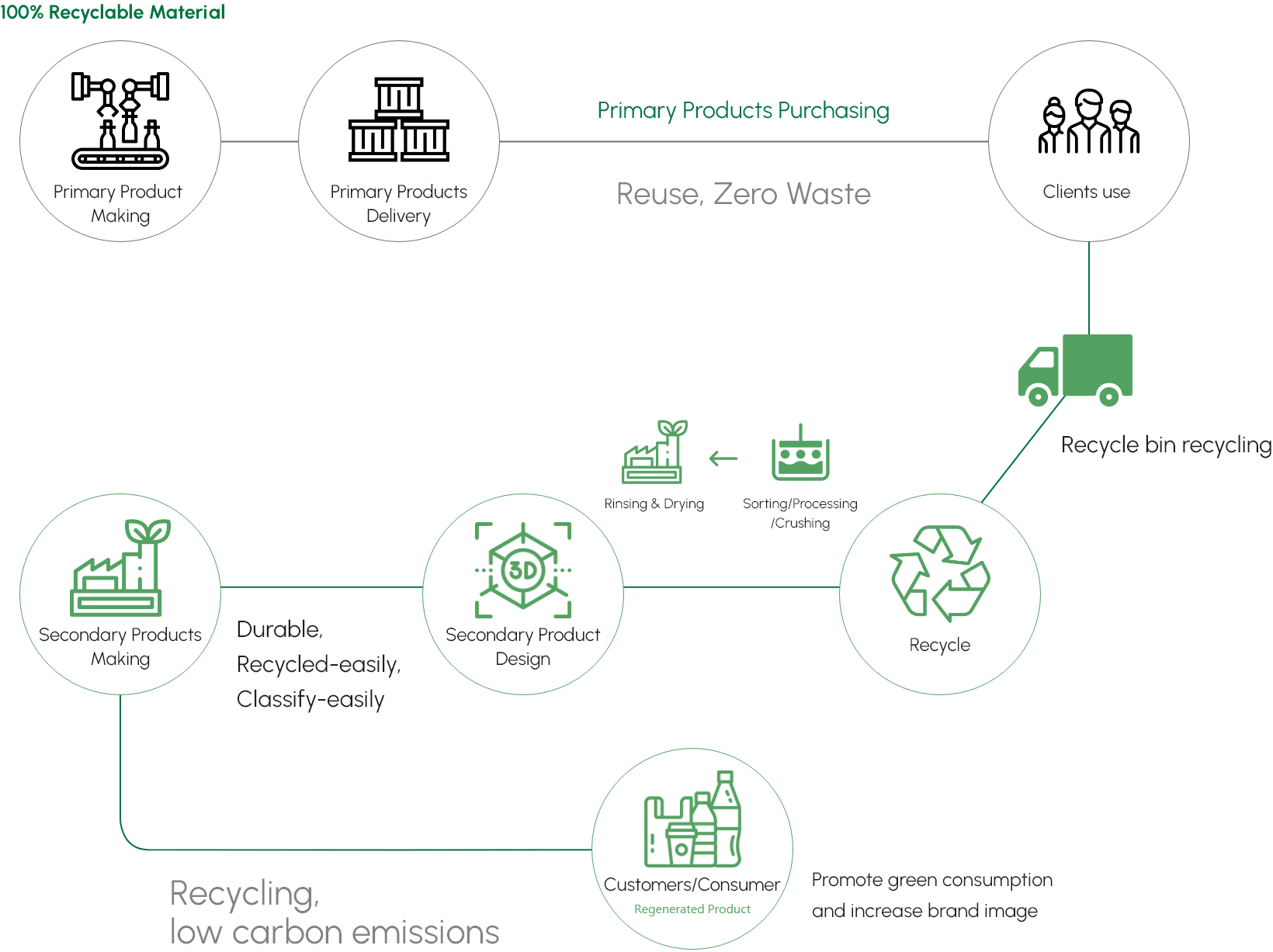Commitment to Sustainable Packaging and Circular Economy #
Living Fountain is dedicated to advancing high-quality, eco-friendly packaging solutions that align with evolving environmental standards. Our ongoing collaborations with partners across diverse industries reflect our commitment to fostering a circular economy and supporting sustainable development.
Advancing Green Packaging with PCR Materials #
Since the United Nations introduced the 2030 Sustainable Development Goals (SDGs) in 2015, including SDG 12: “Ensure sustainable consumption and production patterns,” we have focused on reducing carbon emissions and developing environmentally friendly plastic resins. By integrating recycled resin into our production processes, we aim to minimize the environmental impact of virgin resin manufacturing and promote sustainable resource utilization, all while working toward carbon neutrality.
Key Milestones in Sustainable Packaging #
- 2015: In partnership with the beauty brand O’right, we developed the world’s first PCR plastic pump, setting a benchmark for circular economy and sustainable packaging.
- 2020: Collaborated with Homemakers Union Consumers Co-op to launch the “Green Advocate Ecological Laundry Detergent - Sustainable Bottled” initiative, utilizing 100% recycled plastic bottles to enhance resource recycling and environmental protection.
- 2021: Through OEM collaboration with a renowned convenience store chain, we introduced coffee portable cups made from PBS sugarcane fiber, transforming agricultural waste into renewable resources and supporting the biological cycle.
- 2022: Partnered with a well-known hypermarket to create the R Series sustainable shampoo bottle, with both bottle and cap made entirely from 100% PCR plastic materials.
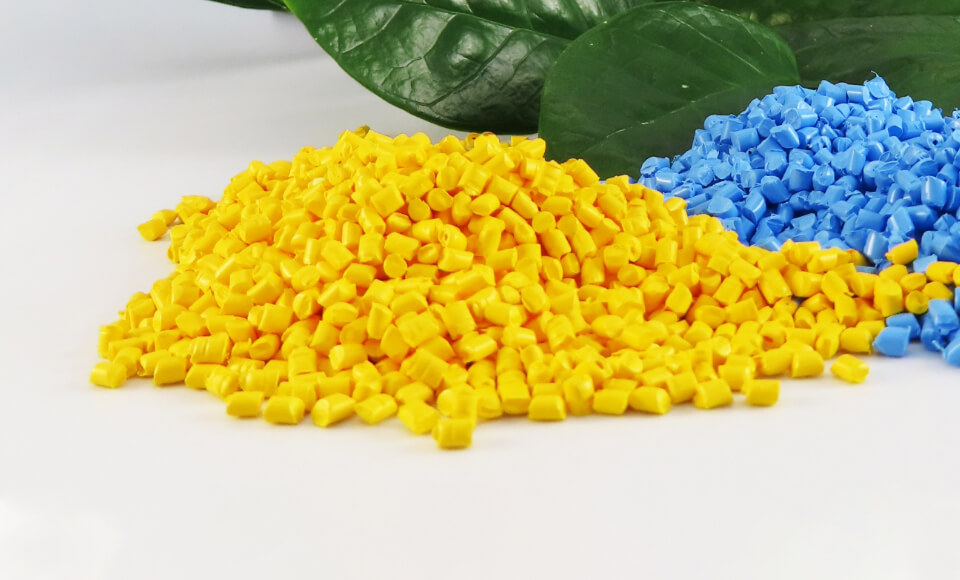
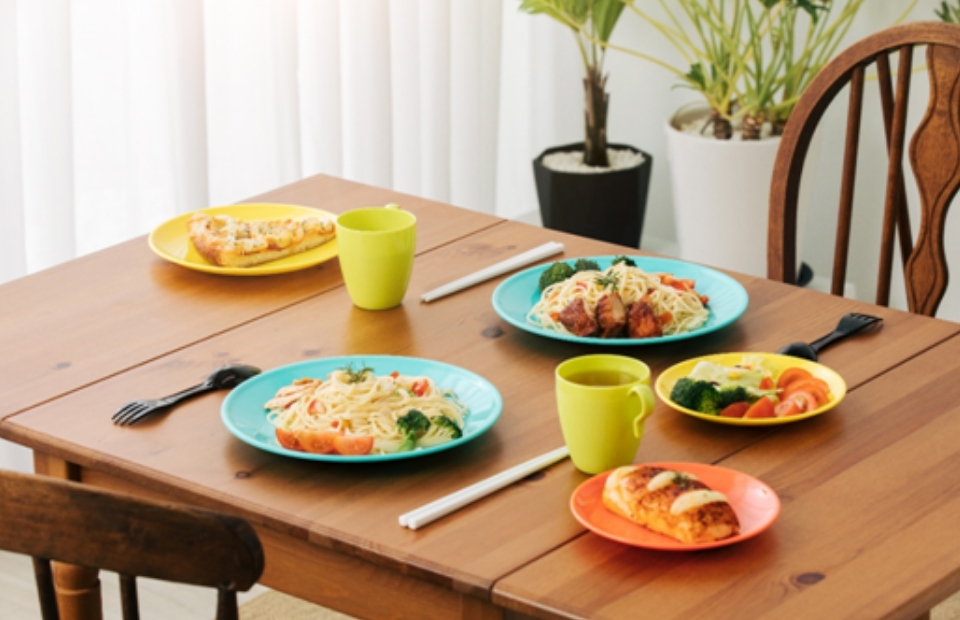
Tritan Reusable Tableware: Safety and Versatility #
Tritan™ Copolyester, developed by Eastman Company (USA), is a modified PCT plastic free from bisphenol A, bisphenol S, and other bisphenols. Its safety, stability, non-toxicity, high temperature resistance, toughness, and clarity make it a preferred material for household and baby products, such as water purifiers, blenders, portable bottles, and baby feeding bottles. Tritan is also widely used in medical devices, including syringes and minimally invasive surgical components, due to its suitability for direct human contact and stringent safety requirements.
CPET Reusable Tableware: Durability and Recyclability #
Crystalline Polyethylene Terephthalate (CPET) is a food-grade plastic that undergoes a unique crystallization process, enhancing its durability, lightweight nature, and recyclability. CPET’s tightly structured molecular architecture allows it to withstand high temperatures—tested by SGS at 140°C without deformation or softening. It is free from plasticizers, melamine, formaldehyde, BPA, and environmental hormones, and is certified safe and non-toxic by SGS according to U.S. FDA standards.
CPET tableware is ideal for microwaving and can be safely cleaned and sterilized in dishwashers at high temperatures. Its excellent heat insulation, acid and alkali resistance, impact resistance, and ceramic-like texture offer both functionality and aesthetic appeal. As PET and CPET share the resin identification code 1 (♳), CPET tableware is 100% recyclable and reusable, contributing to the circular economy.
Learn more about CPET reusable tableware
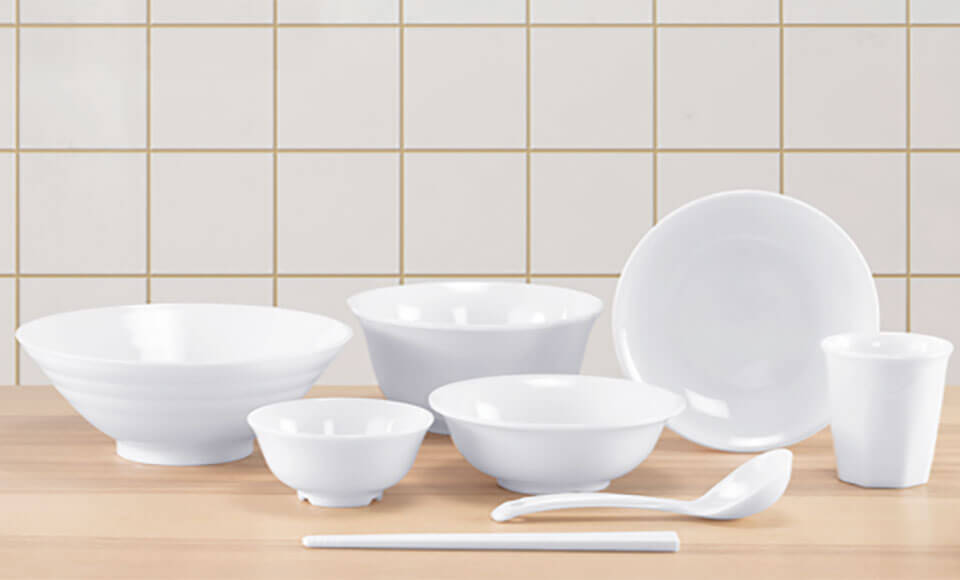
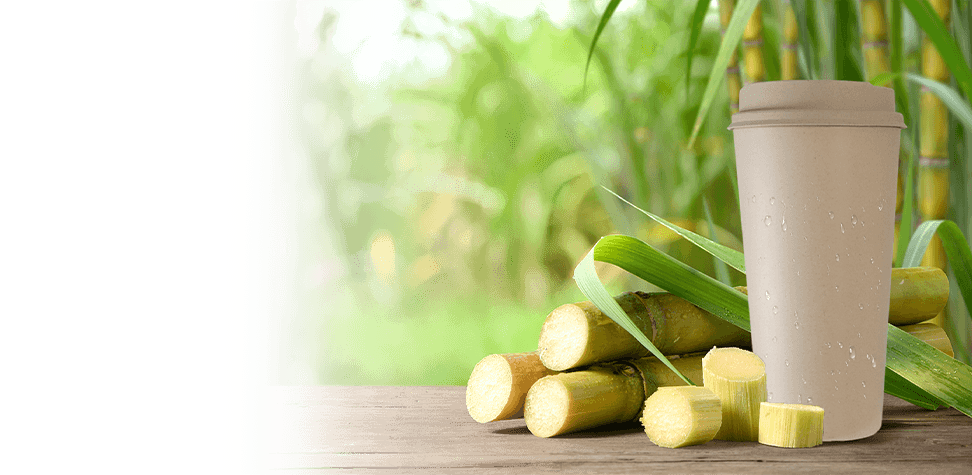
PBS Sugarcane Fiber Tableware: Renewable and Low-Carbon #
PBS sugarcane fiber is a biomass material derived from bagasse, the fibrous residue left after sugarcane is pressed. For every ton of sugar produced, 2 to 3 tons of bagasse are generated. By recycling bagasse, we reduce reliance on virgin plastics and promote the use of renewable resources. The production of sugarcane fiber consumes less energy and emits less carbon compared to virgin plastics, making it an environmentally friendly choice.
Closed Circulatory System for Tableware #
Living Fountain is the first company in Taiwan to invest in Tritan tableware and to plan a B2B closed circulatory service system for tableware, advancing circular economy production. As the global movement to prohibit disposable tableware gains momentum, providing safe, reusable tableware and maintaining a high recycling rate through a closed-loop system is essential. Recycled tableware can be repurposed into new products, further supporting the goals of a circular economy.
